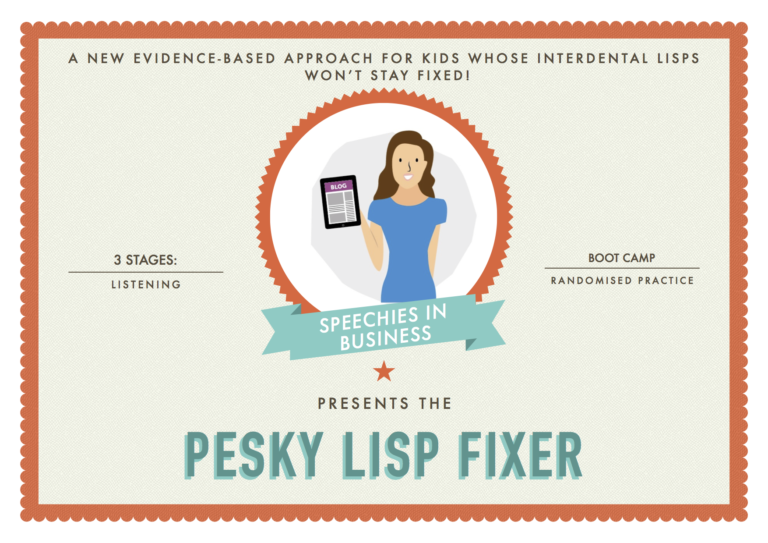Speech pathologists: How not to get suckered in business
Have you ever found yourself saying yes to an important business contract or buying an expensive resource and later regretted it? Most speech pathologists I know are pretty smart. We also tend to think the best of people. Optimism and trust are great qualities when working with clients and their families. But they can leave…





